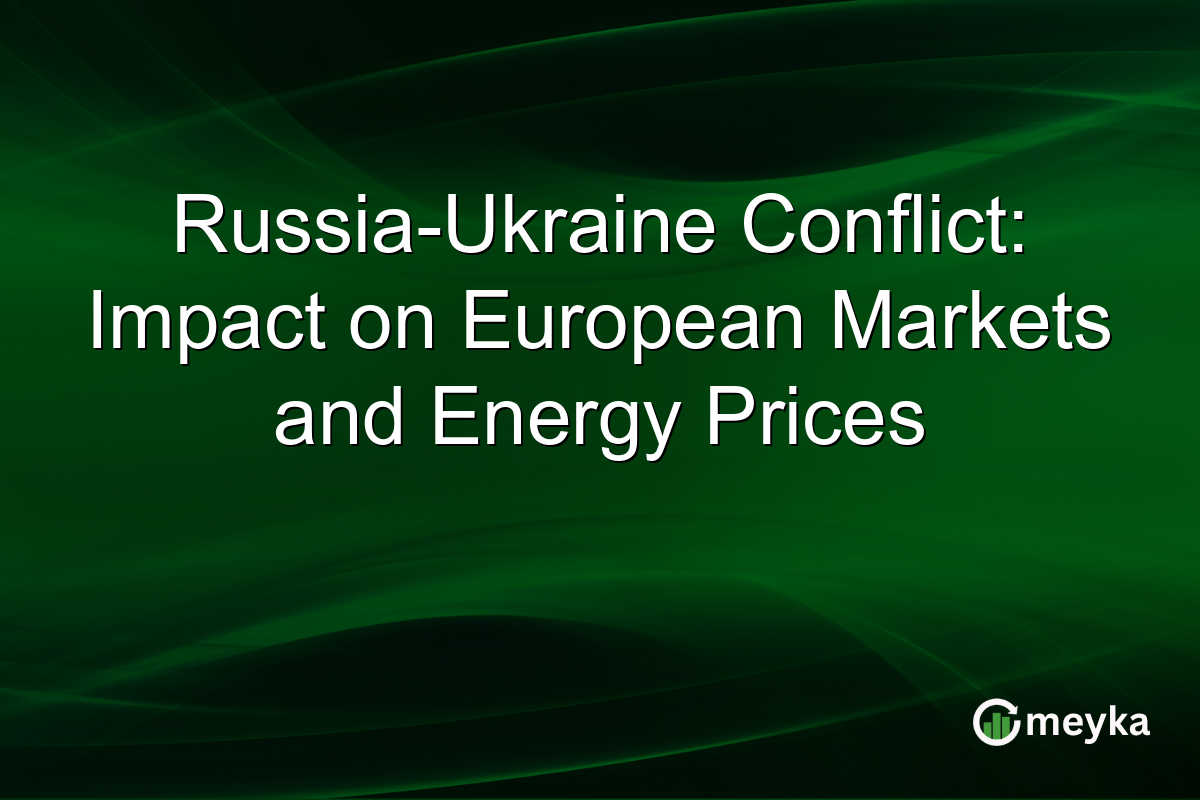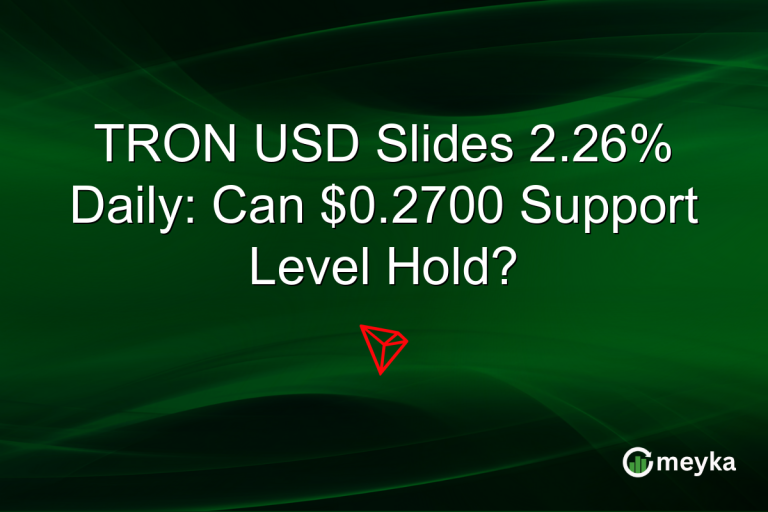Russia-Ukraine Conflict: Impact on European Markets and Energy Prices
The Russia-Ukraine conflict has sent ripples across global markets, particularly affecting Europe. As tensions rise, the European markets are facing significant volatility, with energy prices becoming a central concern. This turmoil is leading investors to reassess their strategies, especially within the European energy sector, as the conflict shows no signs of abating.
Continue Reading on Meyka
This article is available in full on our main platform. Get access to complete analysis, stock insights, and more.
Read Full Article →





